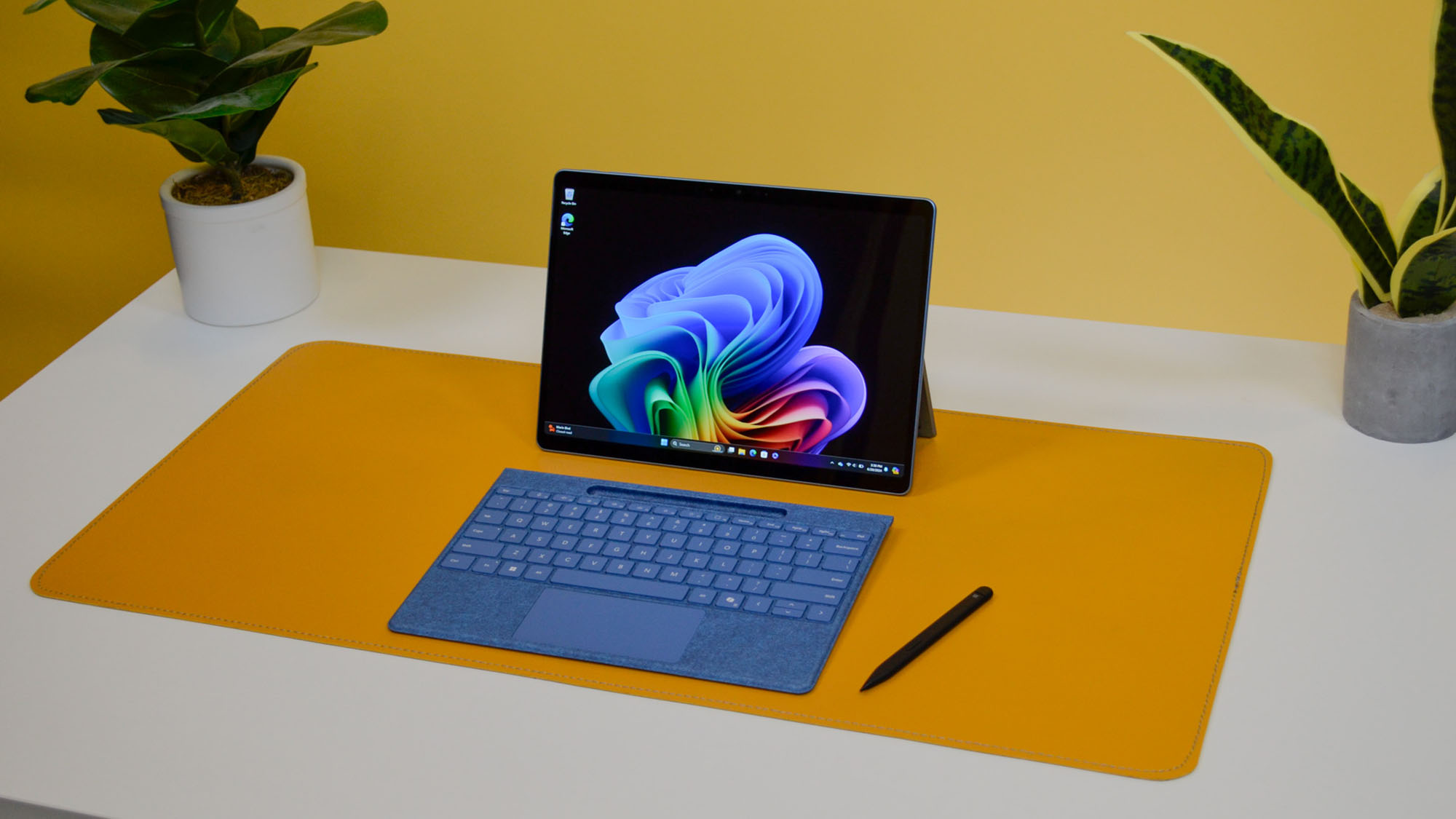
Microsoft ushered in what the company billed as the future of computing this year, as 2024 witnessed the introduction of the Copilot+ PC, the hardware side of its huge bet on AI that began with the Copilot AI itself (formerly Bing Chat).
Those AI laptops were a highlight for Microsoft this year, make no mistake – although the software giant did make quite a few mistakes elsewhere, sadly. Notably with Windows 11 and that controversial Recall feature, alongside a stream of unfortunate bugs that plagued the OS. Join us for an in-depth look at the software woes, and hardware highs, that Microsoft experienced in 2024.
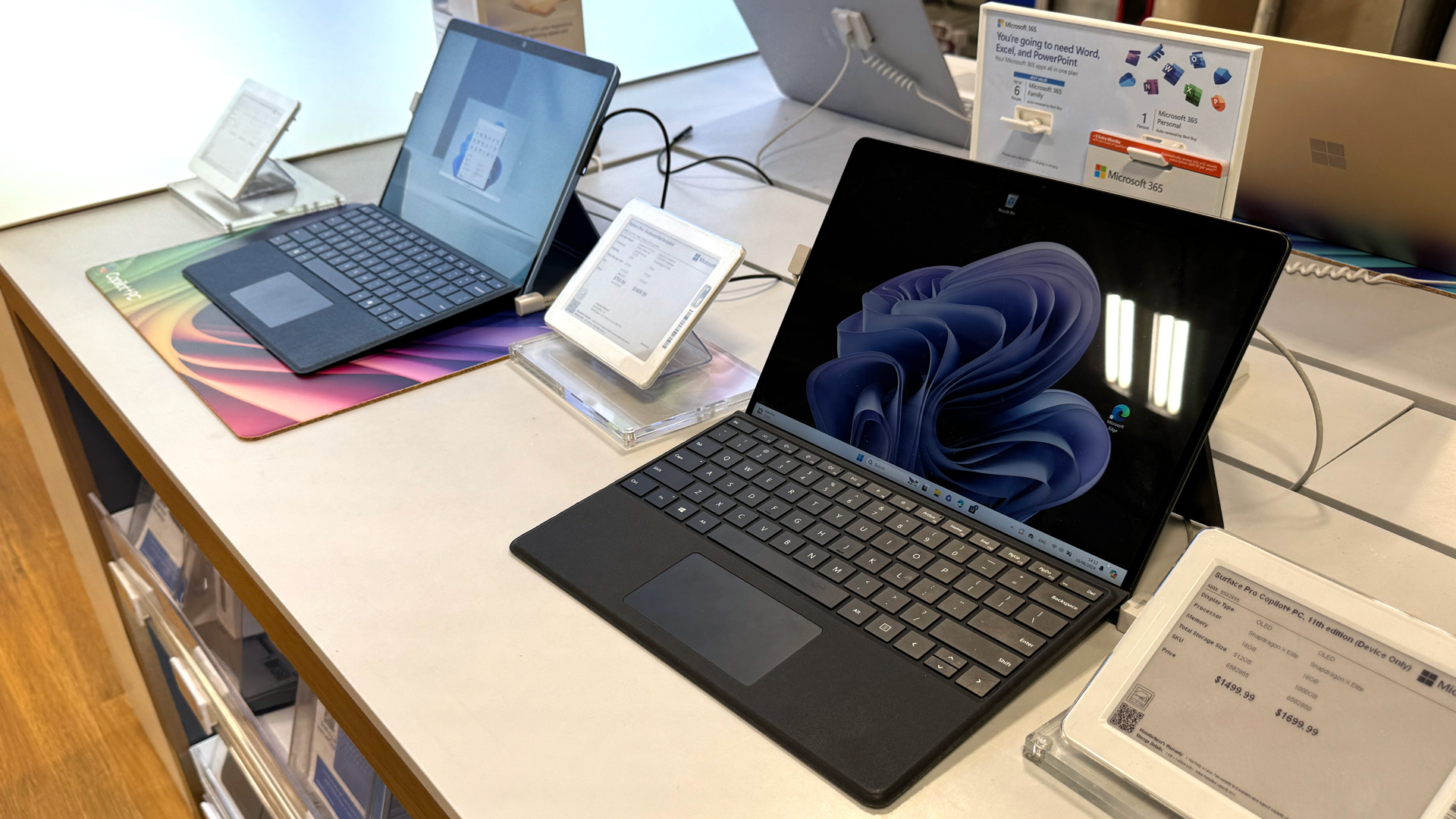
Copilot+ PCs finally took off
After hearing about how AI-powered laptops represent a ‘new era’ of Windows PCs for quite some time, as Microsoft relentlessly banged the hype drums for these machines, Copilot+ PCs finally arrived in June 2024.
In case you somehow missed this, one of the key aspects of a Copilot+ PC is that it must have an NPU (Neural Processing Unit) powerful enough to seriously accelerate AI tasks. When these machines first launched in June, the only chips that qualified for a Copilot+ laptop were the Qualcomm Snapdragon X range, which had a catch – they’re Arm-based CPUs.
Arm is an alternative type of processor built on an entirely different architecture to traditional (x86) chips for Windows laptops. That means Arm PCs have to jump through hoops to run software or games via an emulation layer (Microsoft’s Prism) – which doesn’t always work that well (especially for some PC games). The result is that software which isn’t natively written for an Arm chip can be flaky, or underperform somewhat, and that remains something of a fly in the ointment.
That said, these initial Windows on Arm laptops still had a lot to offer, and we fell in love with Microsoft’s new devices that were launched as its first Copilot+ PCs. The Surface Pro 11 stunned us, frankly, and in our review we heaped praised on the Arm-based hybrid as a powerhouse performer with superb battery life, and a great overall design. Furthermore, the Surface Laptop 7 with Snapdragon X Elite chip seriously impressed us with similar strengths.
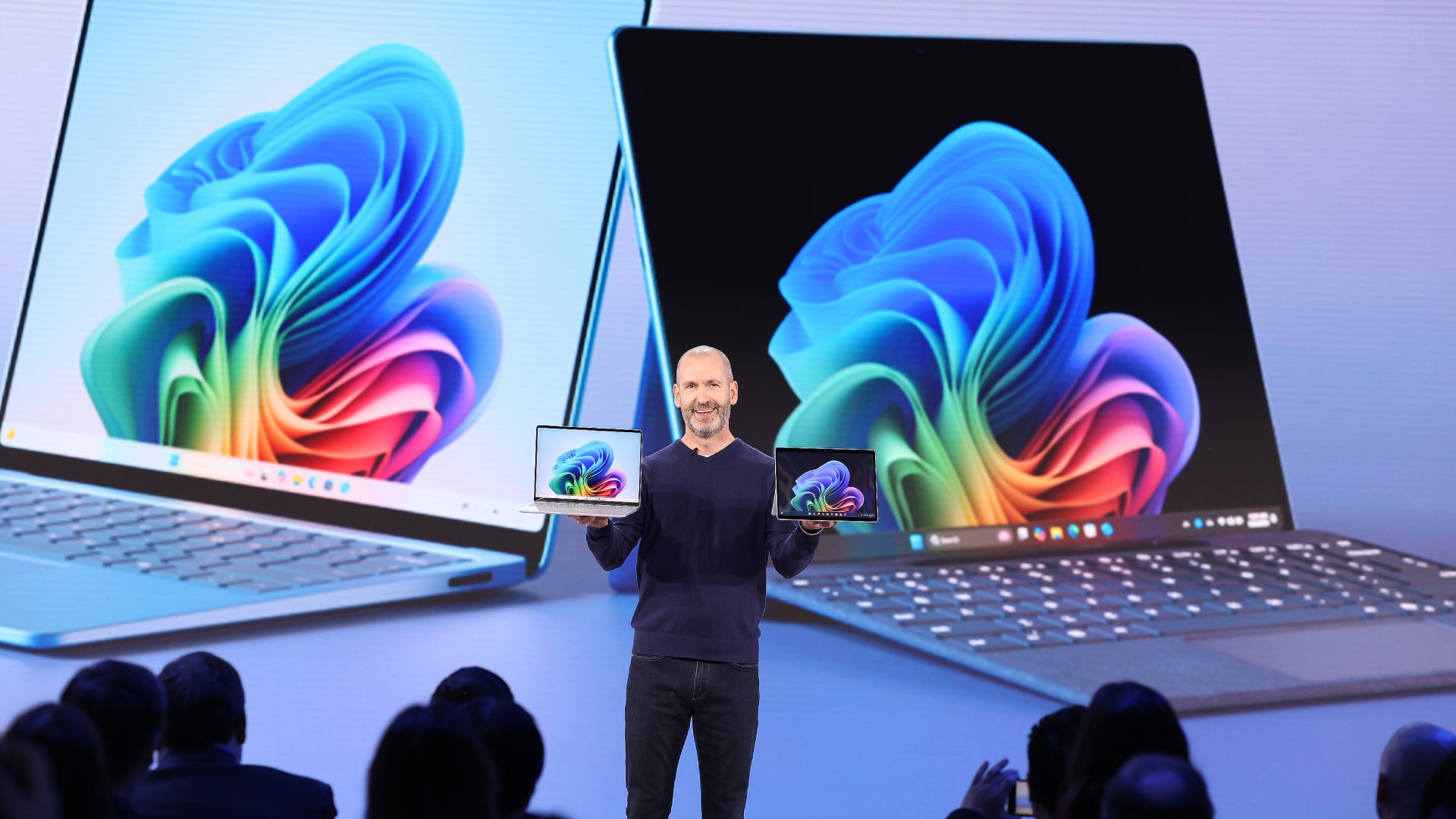
So, even given the weaknesses of Arm as mentioned, these notebooks were a big win for Microsoft in 2024. Those initial Arm-based offerings were then followed later in the year by x86 chips, with AMD Ryzen AI 300 and Intel Lunar Lake-powered Copilot+ PCs coming to market – albeit in a very much thin-on-the-ground fashion.
Copilot+ PCs remain a potentially powerful force in the laptop arena, but for now, they haven’t made the mark that they’re predicted to eventually stamp on the wider computing world. Indeed, what sales figures we have seen indicate that Snapdragon X laptops remain a very niche proposition.
It’s still early days, of course, and this hardware remains very pricey – though more affordable options are in the works. First of all, we heard about ambitions to deliver Snapdragon X laptops at the $800 mark, and towards the end of 2024, Qualcomm revealed it’s bringing in a new entry-level chip to realize Copilot+ PCs around the $600 level.
Aside from being on the expensive side thus far, another reason Copilot+ PCs have made a rather muted impact is that while they’re excellent machines – or certainly some of them are great, high-quality laptops – the actual (unique) AI powers they can leverage remain underwhelming, which has people scratching their heads somewhat.
In short, those people who are buying Copilot+ PCs aren’t doing so because they’re AI laptops – as they are marketed – but just because they’re powerful portables and just plain good notebooks.
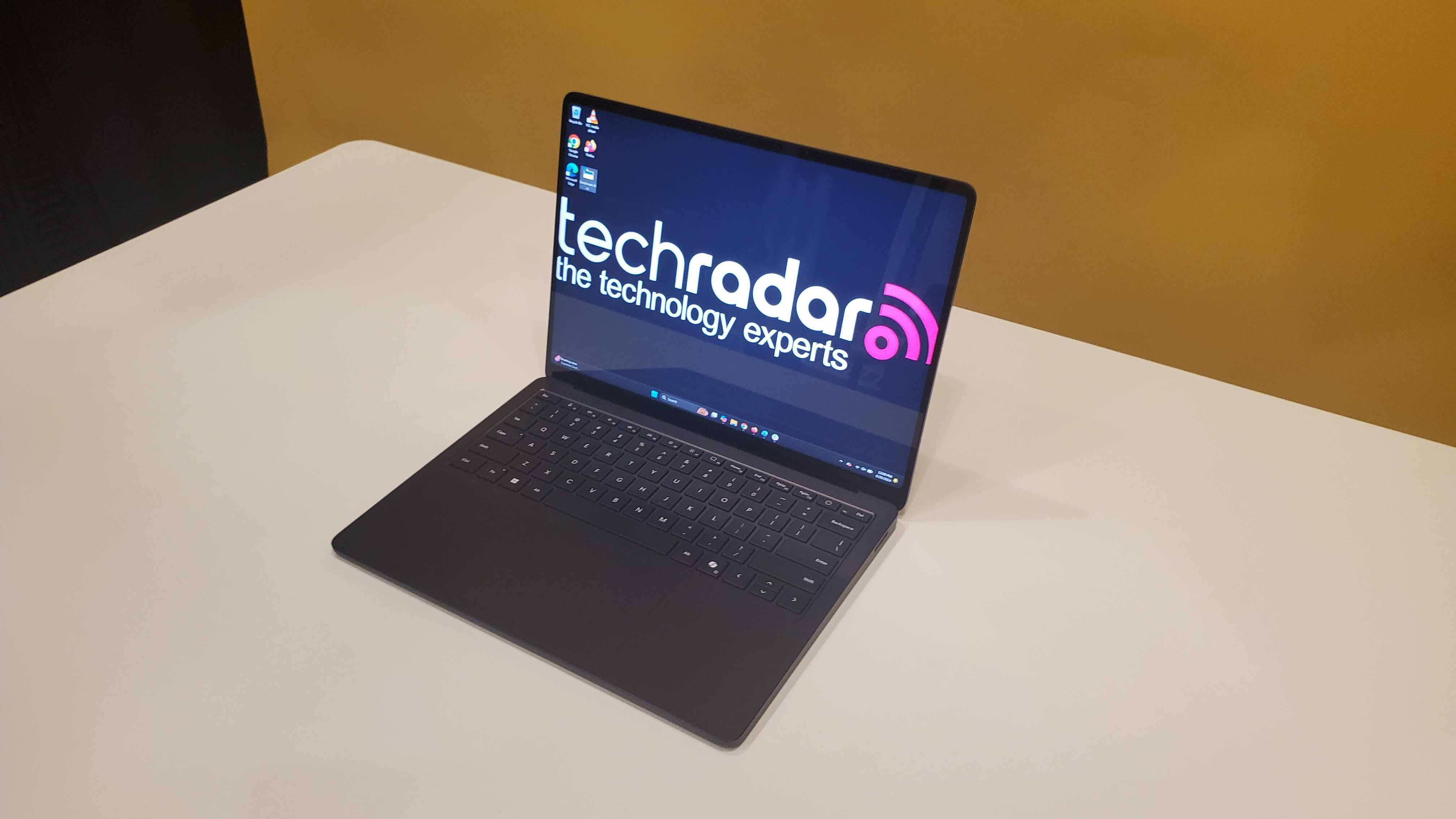
Windows 11 24H2 update – big changes under the hood
Windows 11 24H2 was a major piece of work for Microsoft this year, and it pitched up at the start of October (with the usual slow paced, phased rollout). Mind you, 24H2 actually debuted on Copilot+ PCs when they emerged earlier in the year, although lacking many of the key features that weren’t actually introduced until the full rollout to all Windows 11 PCs.
Those new features included a whole raft of interface tweaks, such as an overhaul for File Explorer that brought in integrated support for compression formats other than ZIP, Phone Link being bolted on as a side panel for the Start menu, a new improved Energy Saver mode, and the Copilot assistant being turned into a traditional app on the desktop (running in a resizable window). Plus we got a faster installation of updates with 24H2, too.
There were also features just for Copilot+ PCs on the AI front, such as powerful image generation capabilities, a very smart take on system-wide live captions, and Windows Studio Effects for applying effects (background blur, filters, and so on) to your video chats.
It’s also worth noting that there was a lot going on under the hood with 24H2, as it was built on an all-new Germanium platform that Microsoft designed as part of the move to Copilot+ PCs. This is why those initial Arm-based Copilot+ laptops ran Windows 11 24H2 early, because they required the new take on the OS.
With the wide-ranging, but invisible to the user, changes delivered in the background by Germanium, all Windows 11 PCs will eventually see the benefit of tighter security and performance boosts in terms of general responsiveness (or that’s the theory, anyway).
Overall, 24H2 proved a solid update, even if the new features weren’t hugely exciting in themselves. Although there were some elements of 24H2 that badly misfired, and we’ll move on to recall one of those next (ahem).
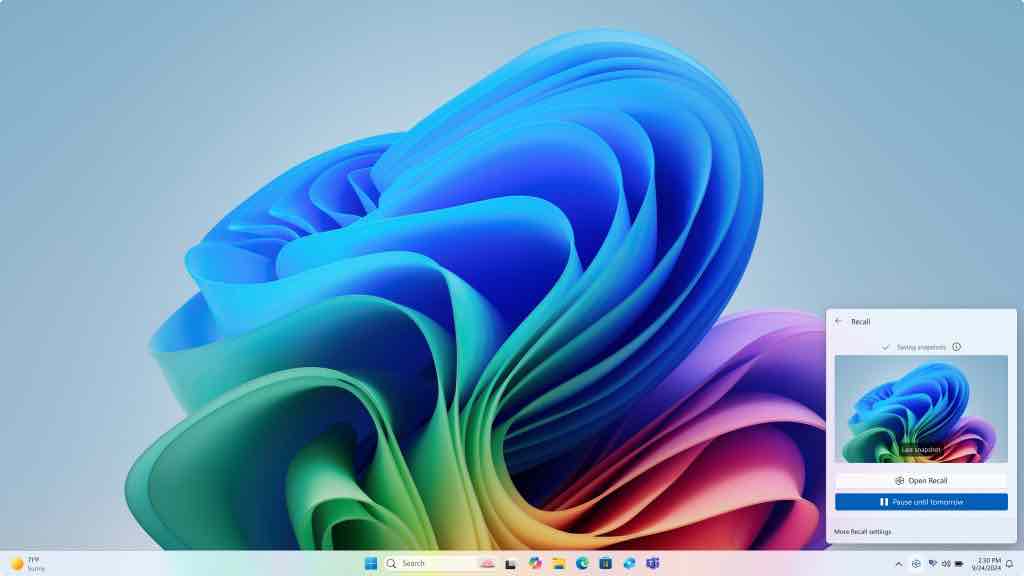
Can you Recall a bigger software faux pas in recent history?
Microsoft’s shining, halo feature for its Copilot+ PCs in 2024 was the AI-powered Recall, and it was an unmitigated disaster, pretty much.
It went something like this...
Microsoft: We’ve got this great new feature called Recall! It’ll revolutionize search on your PC and then some.
Everyone Else: Hold on a minute there – isn’t this a huge security risk? And a privacy nightmare? And badly implemented to boot?
Microsoft: Erm, right, okay – Recall is being delayed – we’ll get back to you on that.
For the uninitiated, Recall is a feature that takes regular screenshots of the activity on your PC in order to make them searchable by AI. You can use natural language queries (“find me that pie chart,” “where’s that document where I wrote about that Samsung smartwatch,” “find that image I saved of a MacBook”) and easily find stuff that a basic Windows search would never turn up.
The feature was announced in May 2024, causing controversy around privacy and security, after which Microsoft hastily backpedalled and said it wouldn’t launch Recall (in preview) with Copilot+ PCs after all, as planned, because it needed reworking. Months of silence passed, and we even started to wonder if Recall had been canned, before Microsoft announced it was back on the radar.
We were told Recall had been revamped and would be released for CoPilot+ laptops in November, after it was deployed for testing in October – before the feature was once again postponed. Recall finally debuted in testing towards the end of November, for those with Copilot+ PCs equipped with an Arm-based Snapdragon CPU. (In December, it also arrived for Copilot+ PCs running traditional x86 AMD and Intel processors, so those laptop owners didn’t have to wait long).
The overhauled Recall made a raft of changes to both shore up security and privacy, so, for example, Microsoft dealt with concerns about Recall screenshots having sensitive details like credit card info, or passwords, in them. It’s still in early testing, of course, and we’ll just have to see how Recall flies with this retooled version – although there’s already been some shakiness witnessed in terms of failing to avoid storing screenshots containing financial details.
We can expect the AI feature to finally be released in full at some point next year, and to say all eyes are glued on how this effort turns out is an understatement – particularly those in the cybersecurity industry.

Windows 11 bugs multiplied – and got weird
As well as the embarrassment around Recall, there was further trouble for Microsoft in that Windows 11 was under siege from all sides by bugs in 2024. Small ones, medium glitches, and some bigger, nastier bugs too – albeit nothing at a show-stopper level, like, say the file deletion bug that hit Windows 10 some six years back now.
Okay, so a number of glitches are par for the course when it comes to any piece of software the size of a desktop operating system like Windows 11. However, even by Microsoft’s standards – which have slipped in recent years – this year was a bad one, and the big 24H2 update felt particularly shaky.
We witnessed update installation woes with 24H2, alongside printer problems, and internet connections falling over, alongside a rash of downright odd bugs like vanishing mouse cursors, weird lengthy pauses when Alt-Tabbing to switch apps, and File Explorer menus disappearing off the top of the screen.
Entire preview releases were dedicated to fixing some of these oddities, in fact, and our personal theory is that much of this weirdness was caused by Microsoft moving to that new Germanium platform we mentioned. That’s a sizeable under-the-hood change, and it seemingly released a number of gremlins scampering into the internal workings of Windows 11.
This run of heightened bugginess goes back further than version 24H2, with Windows 11 running into assorted problems throughout 2024, and overall it’s been a rather unfortunate and glitch-filled year for Microsoft’s operating system.

Windows 11 adverts kept on coming
We won’t bang on about the ads – or suggestions, as Microsoft calls them – in Windows 11 this year, but they continued to multiply inside the interface of the OS, sadly (or perhaps predictably, as this seems to be a direction the software giant is firmly intent on exploring).
Some of the worst offenders included that Game Pass ad in the Settings app, notifications pushing you to buy Call of Duty: Black Ops 6 from the Microsoft Store, not forgetting insisting Bing should be the default search engine as a ‘repair’ for your PC. (Not outside of China, admittedly, in that last case, but it’s such a startling example it bears mentioning).
Will anything change in this regard next year? Somehow we doubt it, and with Windows 10 hitting End of Life in 2025, expect a load of nagging and more pushing of upgrades to Windows 11, or indeed cajoling folks to buy a new Copilot+ PC.

Microsoft bestowed a precious gift on PC gamers
Early in the year, buzz erupted around a gaming-related innovation from Microsoft called DirectSR (DirectX Super Resolution). The excitement proved justified when Microsoft released DirectSR in preview at the end of May 2024 (a good deal earlier than anticipated, in fact).
So, what is DirectSR exactly? Well, it’s for upscaling, but it’s not actually an upscaling solution – rather, it’s an API that allows Windows developers to incorporate existing upscaling tech (DLSS, FSR, XeSS) more easily into their games. In short, this is helping game devs to more easily put those upscaling technologies into games, meaning faster frame rates for those titles.
The power of upscaling is increasingly a key factor in driving smoother gaming, so opening up the likes of DLSS or FSR to more and more games is an important step forward. That said, there’s still some way to go with DirectSR, which is still in preview at this point.
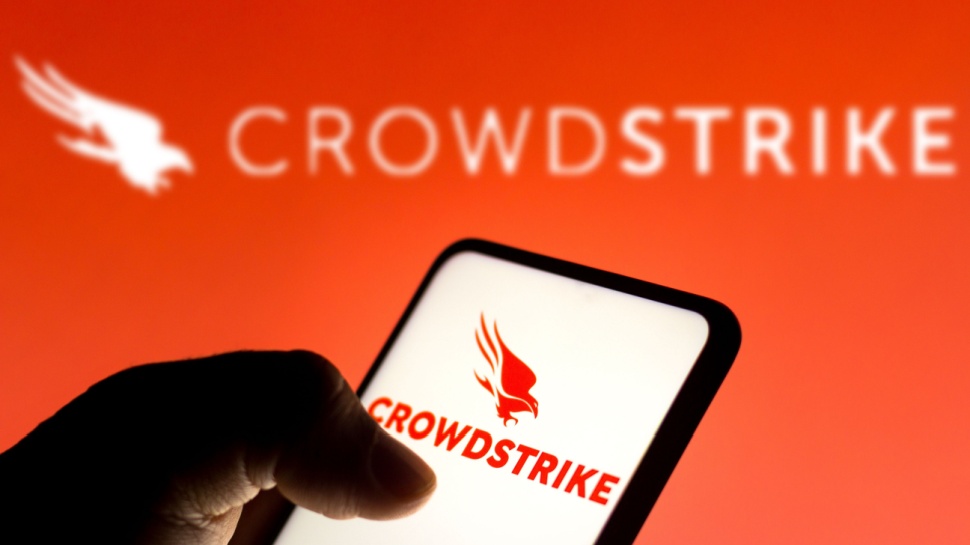
Crowdstrike chaos
Microsoft found itself embroiled in a massive controversy with the Crowdstrike debacle that happened in July 2024. If you need a recap, Crowdstrike is a cybersecurity firm that deployed an update for its Falcon security solution which carried a bug, and that glitch downed a whole load of Windows PCs. Sky News, Ryanair, airports, banks, health services, and many other organizations were affected, and it caused chaos on a new level for a software bug, frankly.
While this was not Microsoft’s fault at all – it was Crowdstrike that pushed the faulty update – it did take out a rather jaw-dropping 8.5 million Windows devices in total, and recovering fully from the incident was a tricky matter for Microsoft as well as Crowdstrike.
Lessons were learned, though, and lawsuits came too – with Microsoft not happy about EU rules that, the company argued, might be partly responsible for the level of carnage caused here following Crowdstrike’s ill-fated update.
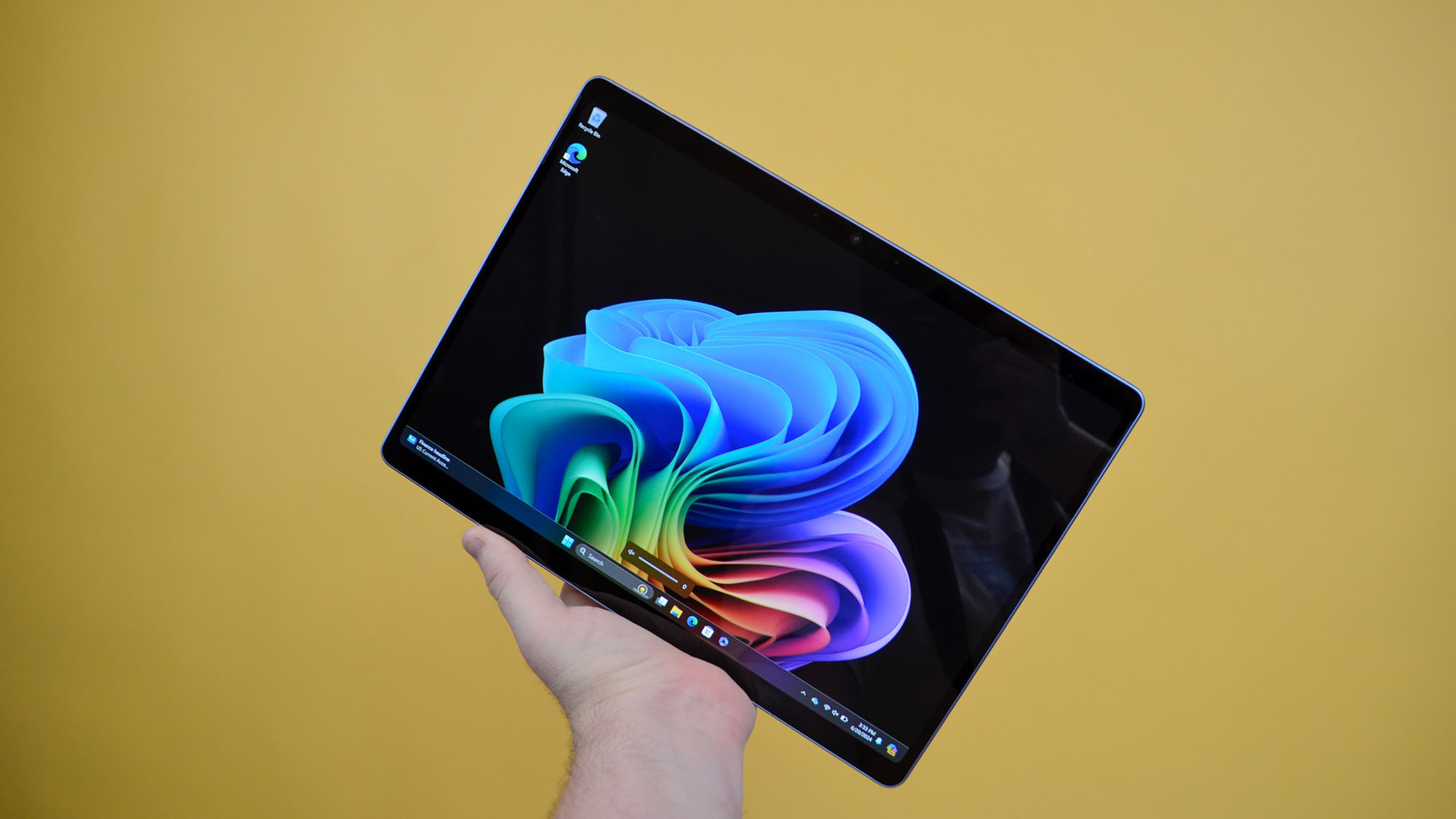
Concluding thoughts
Last year, Microsoft’s hardware launches took a back seat to software (and AI), but in 2024, the new Surface devices released were excellent laptops – and a range of Copilot+ PCs burst onto the scene making quite an entrance. Even if much of the noise about those laptops, and specifically their AI powers, is overblown for now, and the sales figures we’ve seen are somewhat underwhelming.
If the analyst firms are right, though, Copilot+ PCs are going to be huge – and Microsoft’s Surface Pro 11 and Surface Laptop 7 certainly deserve to be very successful portables.
The less said about Windows 11 this year, the better, in terms of adverts and quality assurance – but we can hope that Microsoft gets the pests under control with Windows 11 24H2 going forward, and that the latest version of the OS becomes less buggy next year.
What will happen with Recall is anyone’s guess, frankly. Early reactions from testers are somewhat mixed, and while there is positive feedback, certainly, there are some less impressed Windows Insiders, too. Overall, though, the way things have gone thus far doesn’t fill us with confidence in the crowning AI superpower of Copilot+ laptops.







